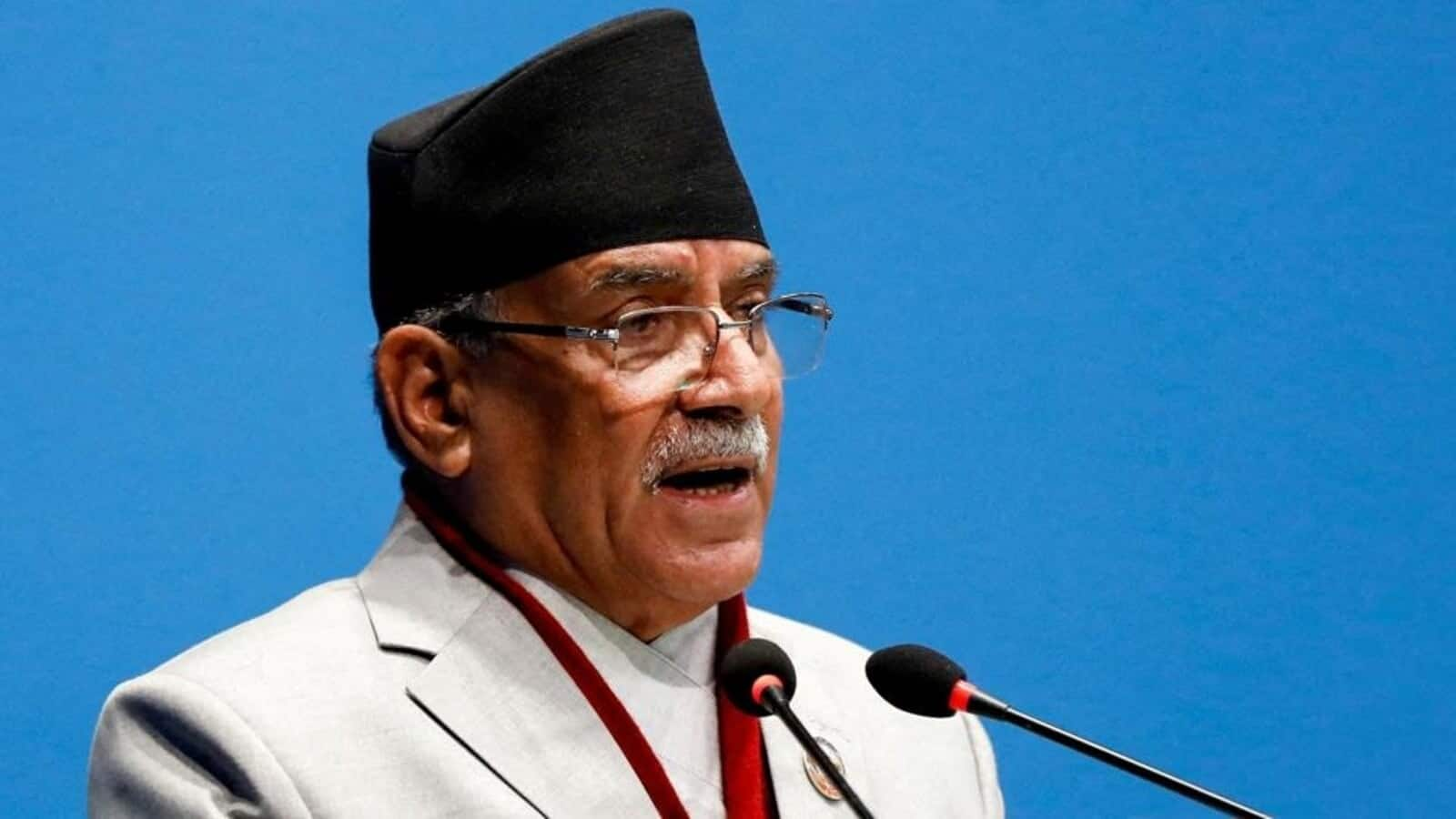
Nepal PM Prachanda ousted in trust vote
What's the story
Nepal's Prime Minister, Pushpa Kamal Dahal, popularly known as Prachanda, lost a trust vote in parliament on Friday. The defeat followed the withdrawal of support by the Communist Party of Nepal (Unified Marxist Leninist), the largest party in his coalition government. As a result of losing the trust vote, the 69-year-old leader will now be compelled to step down after serving just 19 months in power.
Vote breakdown
Vote details reveal Dahal's lack of support
He will serve as the leader of a caretaker government for the time being until a new one is formed. Dahal failed to secure the support of more than half the members of the House of Representatives (HoR), a requirement for winning the vote. Nepal parliament speaker Dev Raj Ghimire announced that Dahal received 63 votes in his favor, while 194 members voted against him. A total of 258 HoR members voted, with one abstaining.
New alliance
New alliance forms following Dahal's defeat
Dahal had moved a confidence motion following the withdrawal of support by the CPN (UML) last week. The CPN (UML) then joined forces with the Nepali Congress to form a new alliance. The newly formed alliance has agreed that Khadga Prasad Oli, leader of the communist party, will succeed Dahal as Nepal's prime minister. Nepal's political stability has remained elusive due to frequent administration changes. Dahal was the 13th prime minister to take office in the last 16 years.
Political turbulence
Dahal's tenure marked by coalition instability
Dahal had been leading a fragile governing coalition since December 2022, following an inconclusive election in which his party finished third. However, he managed to form a new alliance and assumed its leadership as well as the prime minister's role. During his tenure, Dahal sought a vote of confidence in parliament five times due to disagreements within his coalition partners.
Dahal's history
Dahal's political journey: From insurgency to mainstream politics
This was Dahal's third term as prime minister since his Maoist group ended an armed revolt and joined mainstream politics in 2006. He led a violent Maoist communist insurgency from 1996 to 2006, resulting in over 17,000 deaths and many unaccounted for. After joining a United Nations (UN)-assisted peace process in 2006, his party secured the most parliamentary seats in 2008, leading to his first term as prime minister.